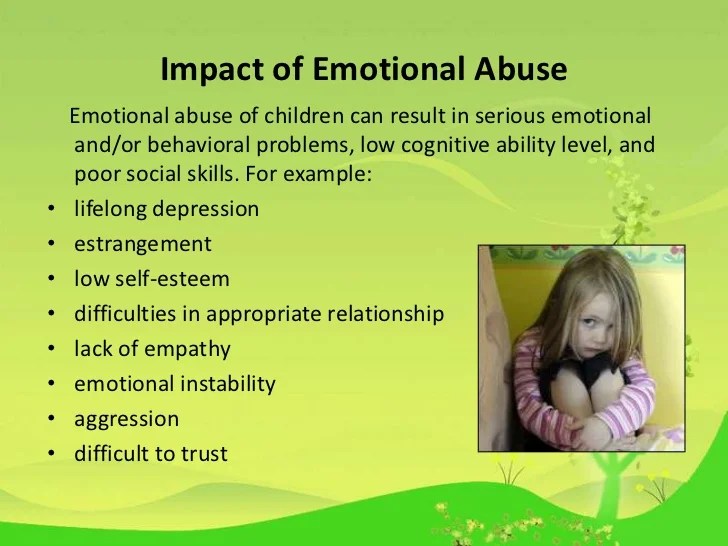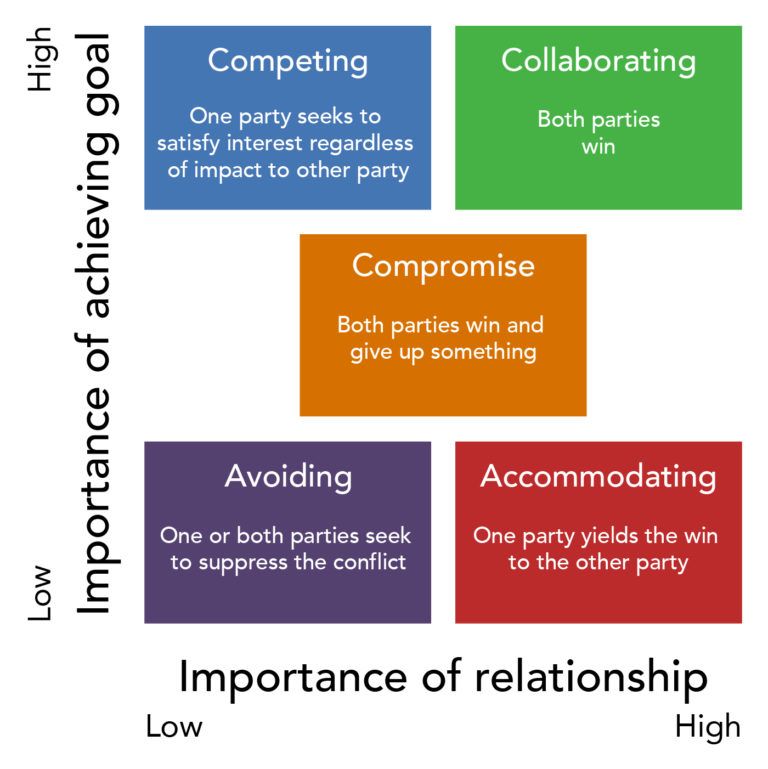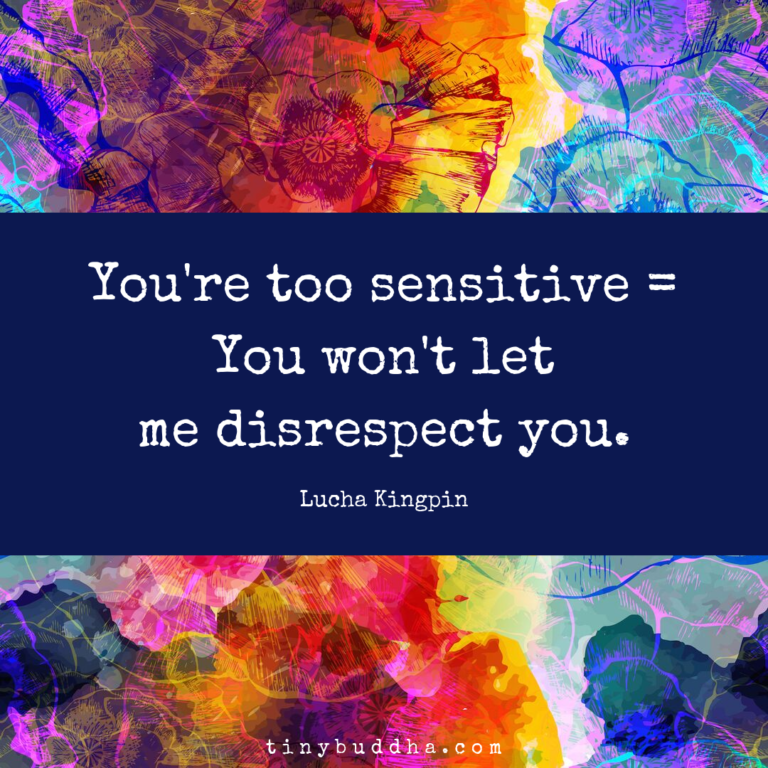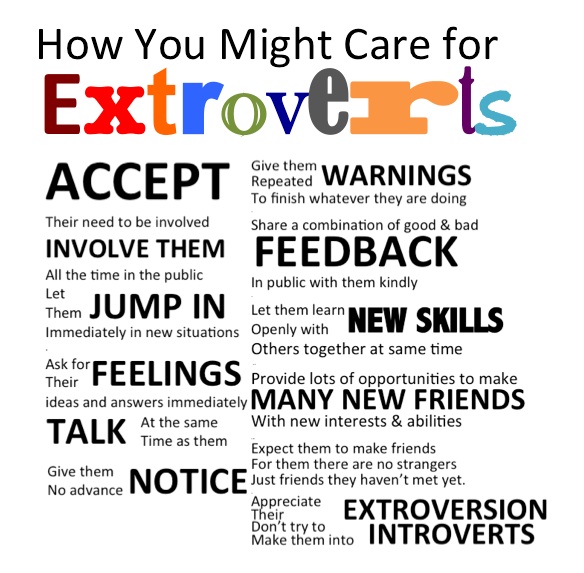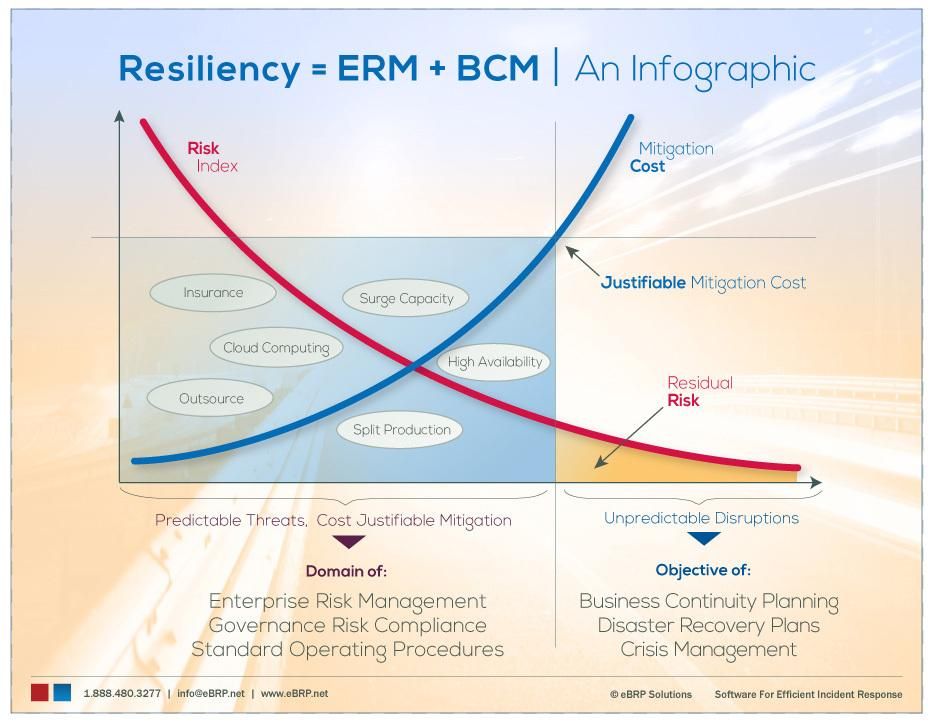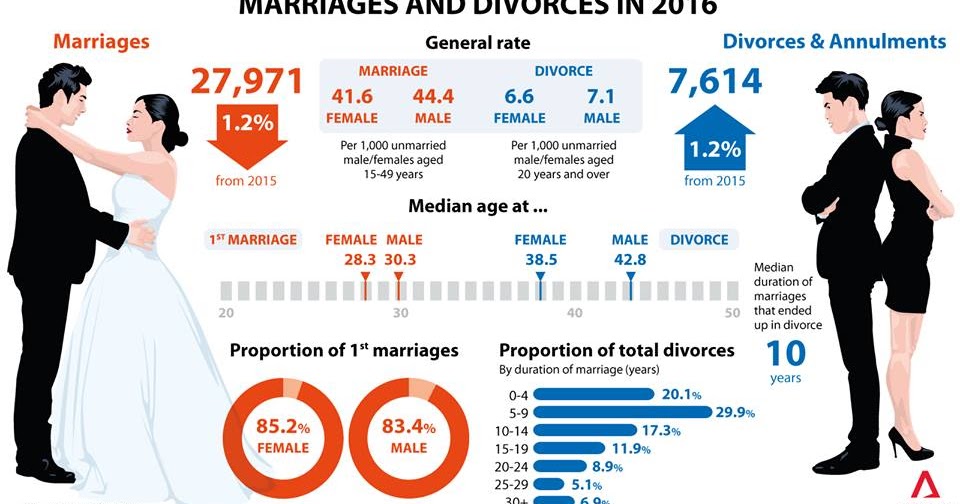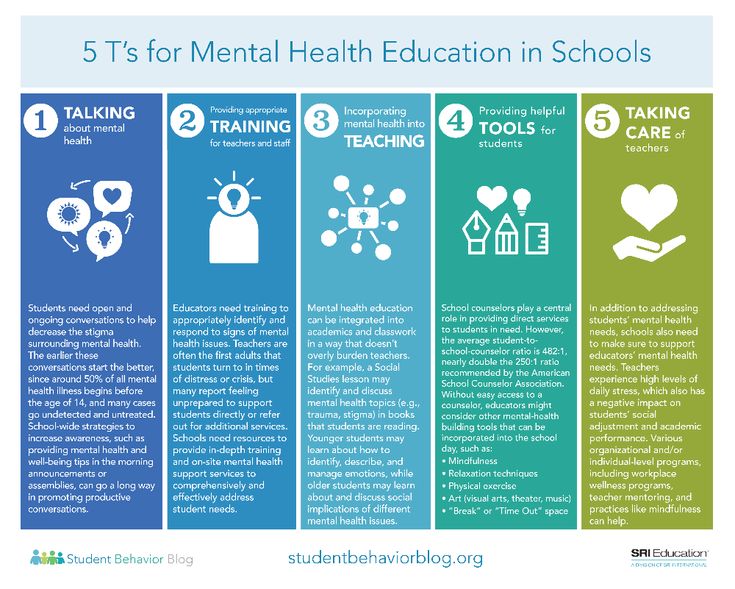What are the effects of emotional abuse
What Is Emotional Abuse & Things You Should Know
The 'Hide page' button at the bottom left of your screen will quickly take you to Google.
Alternatively use Ctrl + W on your keyboard to close this tab.
Hide page
Hide page
On this page
- What is emotional abuse?
- Types of emotional abuse
- Signs of emotional abuse
- If a child reveals abuse
- Effects of emotional abuse
- Who's at risk?
- Support for parents, children and young people
- Help if you're worried about your behaviour
It can sometimes be hard to know what emotional abuse is, especially when it happens as part of other kinds of abuse.
That’s why we’ve got advice on the signs, effects and how to report it.
Worried about a child?
If you're worried about a child, even if you're unsure, contact our helpline to speak to one of our counsellors. Call us on 0808 800 5000, email [email protected] or fill in our online form.
What is emotional abuse?
Emotional abuse is any type of abuse that involves the continual emotional mistreatment of a child. It's sometimes called psychological abuse. Emotional abuse can involve deliberately trying to scare, humiliate, isolate or ignore a child.
Emotional abuse is often a part of other kinds of abuse, which means it can be difficult to spot the signs or tell the difference, though it can also happen on its own.
Types of emotional abuse
Emotional abuse includes:
- humiliating or constantly criticising a child
- threatening, shouting at a child or calling them names
- making the child the subject of jokes, or using sarcasm to hurt a child
- blaming and scapegoating
- making a child perform degrading acts
- not recognising a child's own individuality or trying to control their lives
- pushing a child too hard or not recognising their limitations
- exposing a child to upsetting events or situations, like domestic abuse or drug taking
- failing to promote a child's social development
- not allowing them to have friends
- persistently ignoring them
- being absent
- manipulating a child
- never saying anything kind, expressing positive feelings or congratulating a child on successes
- never showing any emotions in interactions with a child, also known as emotional neglect.
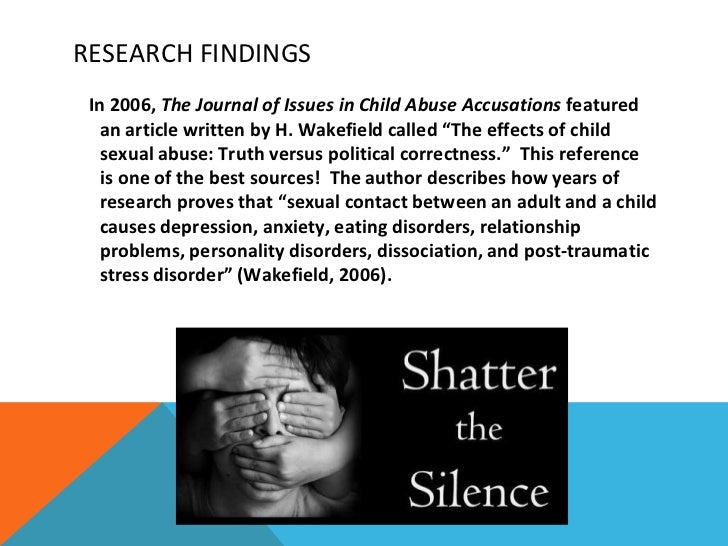
If a child reveals abuse
A child who is being emotionally abused might not realise what's happening is wrong. And they might even blame themselves. If a child talks to you about emotional abuse it's important to:
- listen carefully to what they're saying
- let them know they've done the right thing by telling you
- tell them it's not their fault
- say you'll take them seriously
- don't confront the alleged abuser
- explain what you'll do next
- report what the child has told you as soon as possible.
Report abuse
Call us on 0808 800 5000, email [email protected] or fill in our online form.
Effects of emotional abuse
Over time, emotional abuse and neglect can have serious long term effects on a child's social, emotional and physical health and development. This includes:
Emotional abuse can change how a child behaves, such as:
- wanting attention or becoming clingy
- not caring how they act or what happens to them
- trying to make people dislike them
- developing risky behaviour, like stealing, bullying or running away.
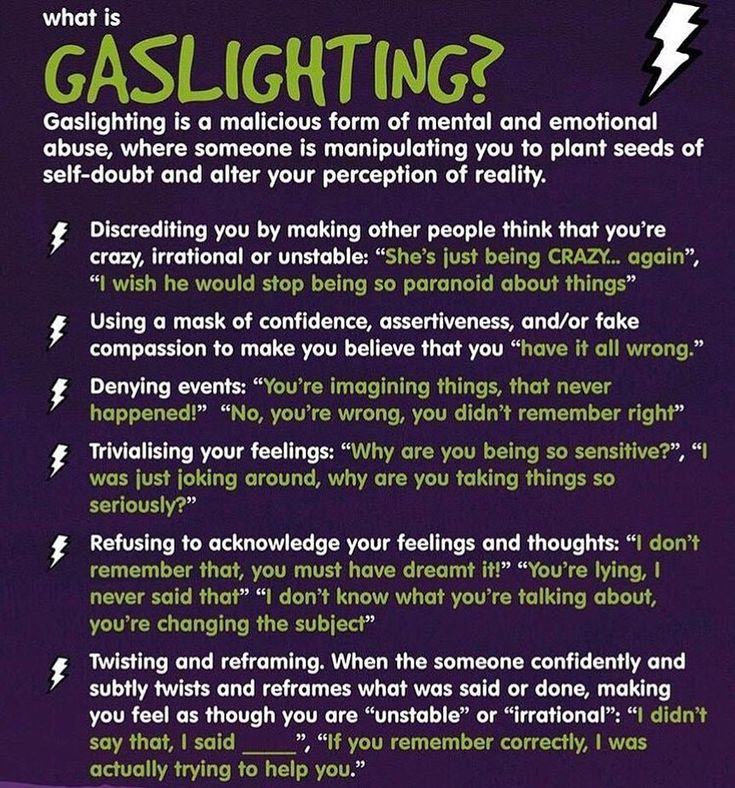
Emotional abuse can affect a child's emotional development, including:
- feeling, expressing and controlling emotions
- lacking confidence or causing anger problems
- finding it difficult to make and maintain healthy relationships later in life
- higher levels of depression and health problems as adults compared to those who experienced other types of child abuse.
Emotional abuse of child or young person can increase the risk of:
- mental health problems, including depression, anxiety and suicidal thoughts
- eating disorders
- self-harm
- language development
- problems forming healthy relationships.
Who's at risk
Any child, from any background, can be at risk of emotional abuse. But some are more vulnerable than others.
Children who are emotionally abused are often suffering another type of abuse or neglect at the same time – but this isn't always the case.
When a family is going through a tough time, parents and carers might find it difficult to provide a safe and loving home for their children. This can happen when families are experiencing:
This can happen when families are experiencing:
- relationship problems
- family arguments
- money problems or unemployment
- mental health issues
- poverty
- addiction to drugs or alcohol
- domestic abuse.
Signs of emotional abuse
There might not be any obvious physical signs of emotional abuse or neglect. And a child might not tell anyone what's happening until they reach a 'crisis point'. That's why it's important to look out for signs in how a child is acting.
As children grow up, their emotions change. This means it can be difficult to tell if they're being emotionally abused. But children who are being emotionally abused might:
- seem unconfident or lack self-assurance
- struggle to control their emotions
- have difficulty making or maintaining relationships
- act in a way that's inappropriate for their age.
The signs of emotional abuse can also be different for children at different ages.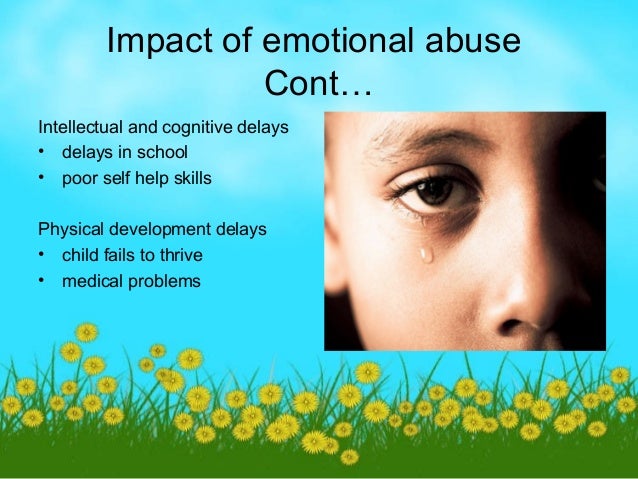
Babies and pre-school children who are being emotionally abused or neglected might:
- be overly-affectionate to strangers or people they don't know well
- seem unconfident, wary or anxious
- not have a close relationship or bond with their parent
- be aggressive or cruel towards other children or animals.
Older children might:
- use language you wouldn't expect them to know for their age
- act in a way or know about things you wouldn't expect them to know for their age
- struggle to control their emotions
- have extreme outbursts
- seem isolated from their parents
- lack social skills
- have few or no friends.
Help if you're worried about your behaviour
If you are, or think you might be, emotionally abusing a member of your family, there's help available.
You can call us for information and advice on 0808 800 5000, email [email protected] or fill in our online form.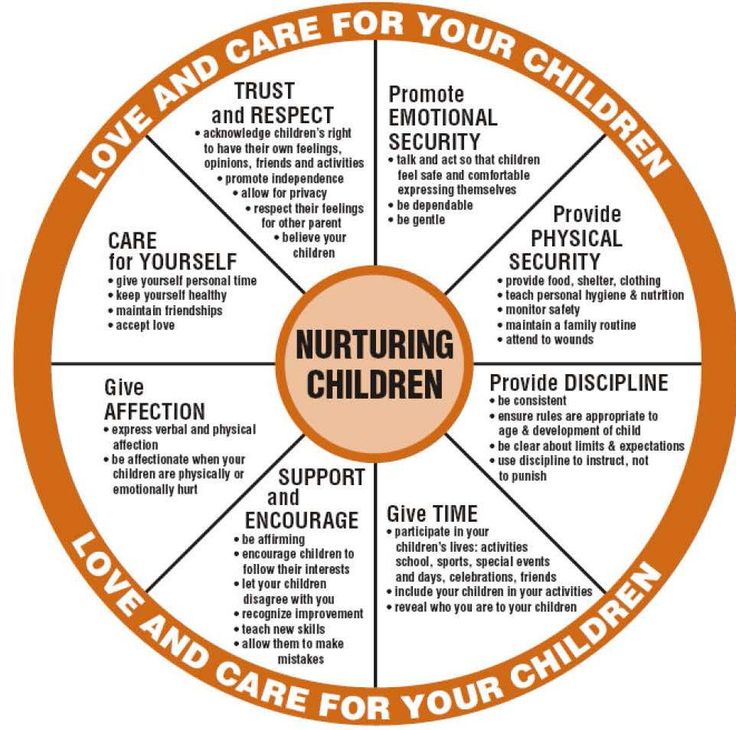
Respect offers information, advice and support to perpetrators of abuse.
- Call Respect – People living in England, Wales, Scotland and Northern Ireland can call for free on 0808 802 4040 (Monday – Friday 9am-5pm).
- Email Respect – You can email Respect on [email protected]. They aim to reply to emails within two working days.
- Chat online – Respect have a webchat service available on Tuesdays and Thursdays 10am-4pm.
Help us make a difference
Campaign. Donate. Fundraise. Race. Whatever you do, you'll help us make the world safer for children.
Get involved
More support for you and your child
Emotional abuse
It can be hard to know what emotional abuse is. We’ve got advice on the signs, effects and how to report it.
Find out more
Physical abuse
If you're worried about physical abuse, we have information and advice to help you feel confident in taking the next steps to keep children and young people safe.
Find out more
Neglect
Neglect can be hard to spot. We've got advice on the types and signs of neglect and what you can do if you’re worried about a child.
Find out more
Emotional and Psychological Abuse | WomensLaw.org
Is emotional abuse the same as psychological abuse?
What is emotional and psychological abuse?
What are the signs of emotional and psychological abuse?
What are some forms of emotional and psychological abuse?
What are the effects of emotional and psychological abuse?
What can I do if I am a victim of emotional and psychological abuse?
Is emotional abuse the same as psychological abuse?
There is no clear agreement among experts in the field whether there is a meaningful difference between emotional and psychological abuse.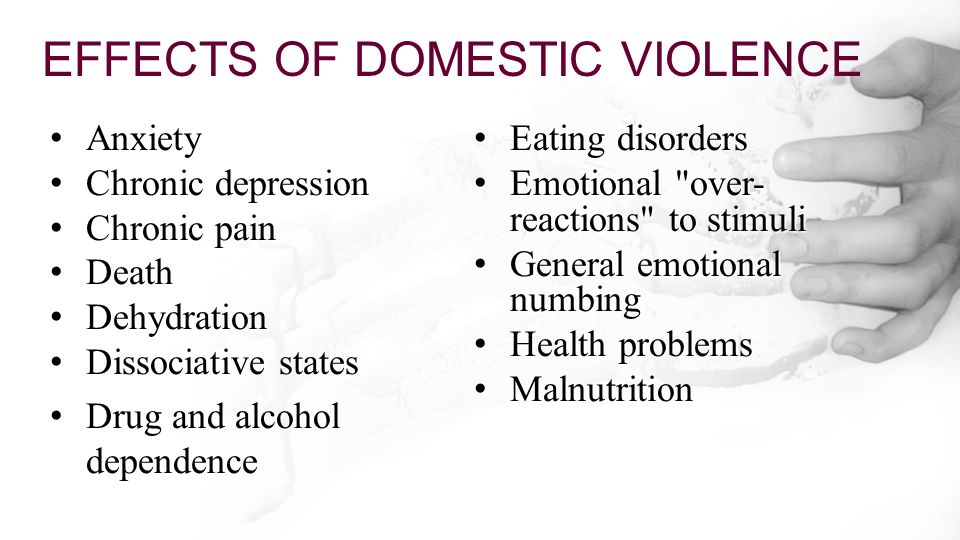 There is some research that suggests that there are slight differences between the two. Emotional abuse is believed to be broader and so psychological abuse is often considered to be one form of emotional abuse. Also, psychological abuse involves the use of verbal and social tactics to control someone’s way of thinking, such as “gaslighting,” which is not necessarily the same as other forms of emotional abuse.
There is some research that suggests that there are slight differences between the two. Emotional abuse is believed to be broader and so psychological abuse is often considered to be one form of emotional abuse. Also, psychological abuse involves the use of verbal and social tactics to control someone’s way of thinking, such as “gaslighting,” which is not necessarily the same as other forms of emotional abuse.
However, for the purposes of the following questions, WomensLaw will group the terms together since the behaviors described by both concepts are similar enough that there isn’t a real difference when considering legal remedies for victims of these behaviors.
What is emotional and psychological abuse?
Abuse comes in many different forms. Even when there is no physical violence, abusive language can be very damaging to you and your children. Emotional and psychological abuse are include mostly non-physical behaviors that the abuser uses to control, isolate, or frighten you.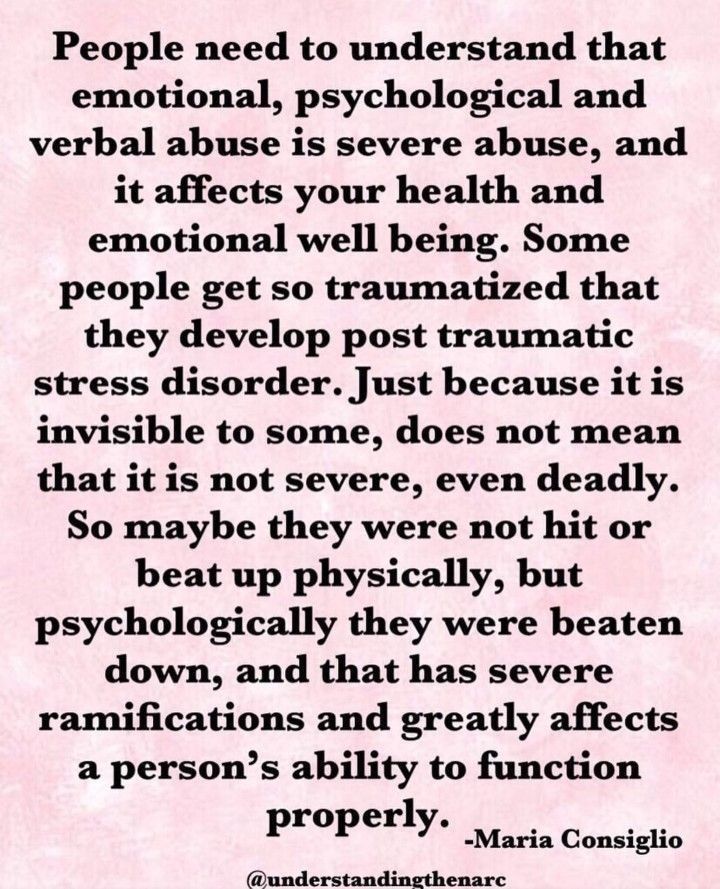 Often, the abuser uses it to break down your self-esteem and self-worth in order to create a psychological dependency on him/her. Emotional and psychological abuse are hard forms of abuse to recognize because the abuse is spread throughout your everyday interactions. Unlike physical abuse, there are often no isolated incidents or clear physical evidence to reference.1
Often, the abuser uses it to break down your self-esteem and self-worth in order to create a psychological dependency on him/her. Emotional and psychological abuse are hard forms of abuse to recognize because the abuse is spread throughout your everyday interactions. Unlike physical abuse, there are often no isolated incidents or clear physical evidence to reference.1
1 See The National Domestic Violence Hotline, What is Emotional Abuse page
What are the signs of emotional and psychological abuse?
Emotional and psychological abuse may begin suddenly or it may slowly start to enter into your relationship. Some abusers behave like a good partner in the beginning and start the abuse after the relationship is established. When this shift in behavior occurs, it can leave you feeling shocked, confused, and even embarrassed. However, abuse is never your fault even if the abuser tells you it is or if your family members or friends blame you for “allowing” the abuse.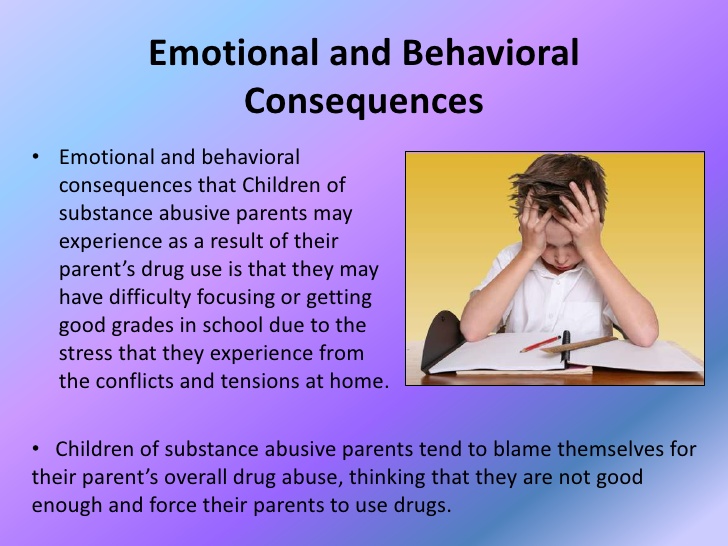 It is often difficult to decide whether or not certain behaviors are emotionally or psychologically abusive, especially if you grew up witnessing abuse. However, as with all other types of domestic violence, the behavior is intended to gain and keep power and control over you. Some signs that a partner is being emotionally and psychologically abusive include:
It is often difficult to decide whether or not certain behaviors are emotionally or psychologically abusive, especially if you grew up witnessing abuse. However, as with all other types of domestic violence, the behavior is intended to gain and keep power and control over you. Some signs that a partner is being emotionally and psychologically abusive include:
- humiliating you in front of others;
- calling you insulting names, such as “stupid,” “disgusting,” or “worthless”;
- getting angry in a way that is frightening to you;
- threatening to hurt you, people you care about, or pets;
- the abuser threatening to harm him/herself when upset with you;
- saying things like, “If I can’t have you, then no one can;”
- deciding things for you that you should decide, like what you wear or eat;
- acting jealous, including constantly accusing you of cheating;
- continually pretending to not to understand what you are saying, making you feel stupid, or refusing to listen to your thoughts and opinions;
- questioning your memory of events or denying that an event happened the way you said it did, even when the abuser knows that you are right;
- changing the subject whenever you try to start conversations with the abuser and others and questioning your thoughts in a way that makes you feel unworthy; and
- making your needs or feelings seem unimportant or less important than those of the abuser.
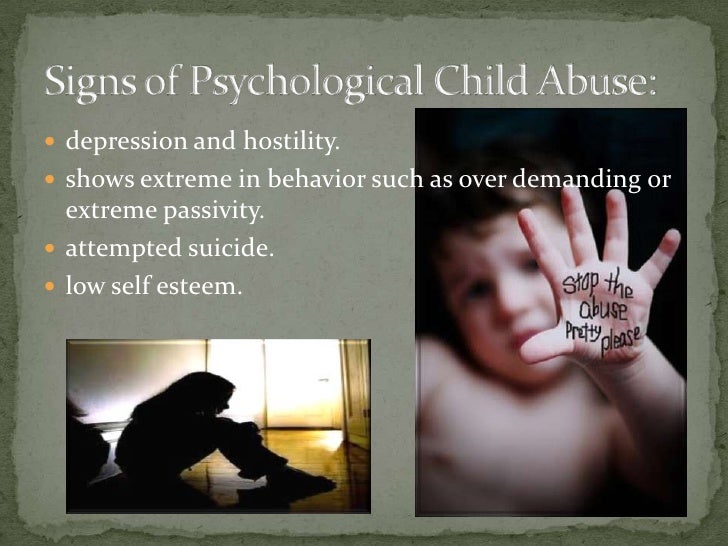 1
1
1 See U.S. Dept. of Health & Human Services, Office on Women’s Health, Emotional and Verbal Abuse page
What are some forms of emotional and psychological abuse?
Emotional and psychological abuse can involve behaviors or acts towards you or towards others. Below, we discuss both.
Acts towards others:
Abuse of pets
Pets are commonly viewed as family members and treasured companions. The abuser may use the emotional and psychological connection you have with your pets to gain power and control over you by harming or threatening to harm your pet in any of the following ways:
- harming your pet to get back at you for actions that you may have taken that show self-determination or independence;
- harming your pet as “punishment” for something that you or your children did;
- threatening or harming your pet in an attempt to force (coerce) you into doing something; or
- forcing you or your children to harm or kill your pet or to watch the abuser do it.
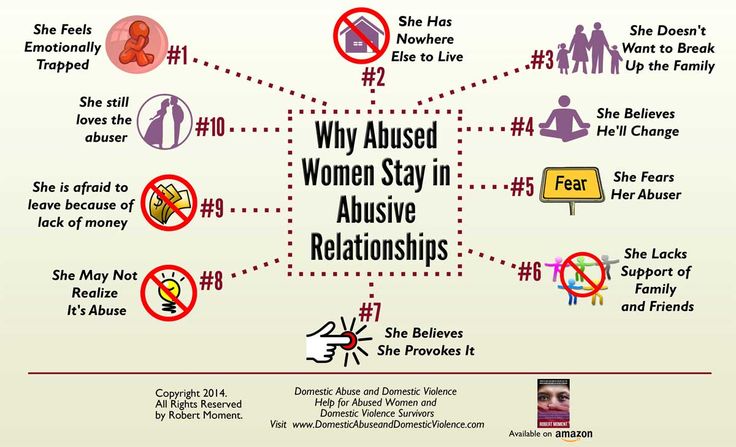 1
1
Threats to self-harm
When your partner regularly threatens self-harm when you don’t do what the abuser wants you to do or when you decide to leave the relationship, this is a form of emotional and psychological abuse. The abuser is using your love for him/her to manipulate and control you. When your partner makes these threats, steps you can take to protect yourself include:
- telling your partner you care about him/her, but sticking to your boundaries – in other words, not necessarily doing whatever the abuser tells you is necessary to do to “prevent” self-harm;
- not taking responsibility for the abuser’s actions if the abuser does decide to self-harm; and
- remembering that it is not your responsibility to “make” the abuser not self-harm. For example, the abuser may say, “If you really loved me, you’d stop me from killing myself” but this is part of the manipulation that often comes with emotional abuse.2
Acts towards you:
Isolation
In an emotionally and psychologically abusive relationship, the abuser will do many things in an attempt to cut all of the emotional ties you have with other people so that the only one left is the one to the abuser.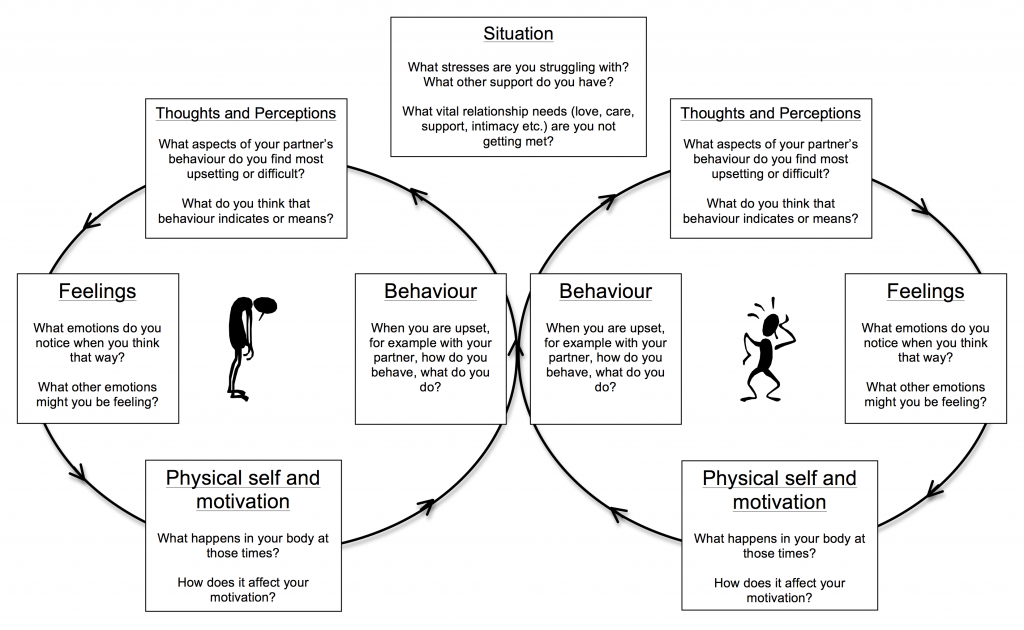 Some signs of this type of isolation include:
Some signs of this type of isolation include:
- preventing or discouraging you from seeing family or friends and making you feel guilty when you do;
- wanting to know what you’re doing all the time and making you be in constant contact;
- restricting access to transportation so you can’t leave the home;
- acting jealous of time spent with your family or friends, often to the point where you will “choose” not to see them anymore so you don’t have to put up with the abuser’s jealousy; and
- wanting you to ask for permission before doing something or spending time with other people.3
Gaslighting
Gaslighting is a form of emotional and psychological abuse that tends to happen gradually in a relationship. The term “gaslighting” is used to describe a pattern of behavior in which the abuser intentionally denies that acts or events happened in the way that you know that they happened. An abuser will often twist your emotions, words, and experiences and use them against you, which causes you to question your reality, to doubt your own judgment and memory, and to make you feel that you are “going crazy.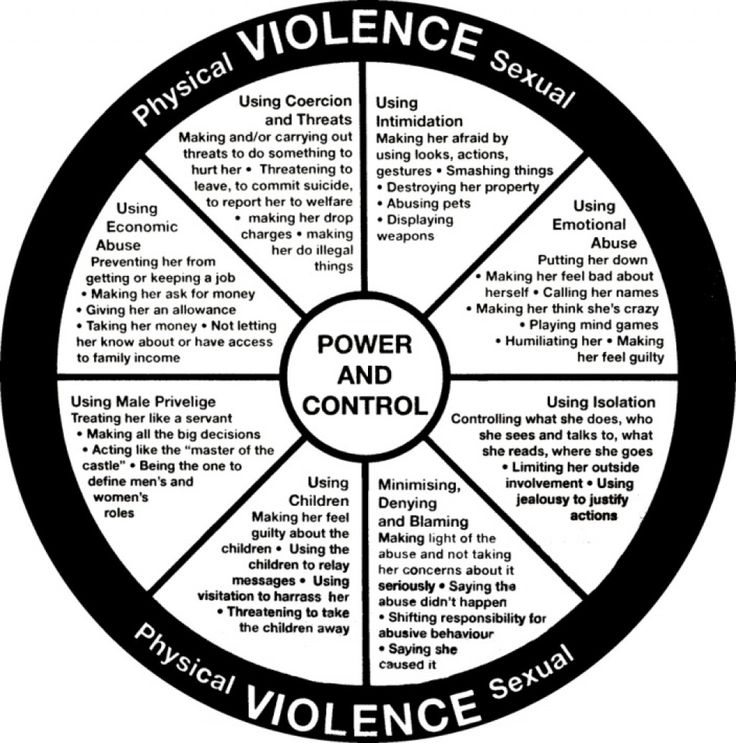 ” Signs that you are experiencing gaslighting include:
” Signs that you are experiencing gaslighting include:
- feeling confused, “crazy,” and constantly second-guessing yourself;
- constantly questioning if you are being “too sensitive”;
- having trouble making simple decisions;
- constantly apologizing to your partner;
- frequently making excuses for your partner’s behavior;
- finding yourself withholding information from loved ones;
- starting to lie to avoid the put-downs or reality twists;
- feeling as though you can’t do anything right; and
- wondering if you are a “good enough” partner.4
Ultimately, these behaviors are meant to control, isolate, or frighten you, and while they do not leave physical scars, they can leave long-lasting trauma.5
1 This information was adapted from Pets and Domestic Violence
2 See The National Domestic Violence Hotline, When Your Partner Threatens Suicide page
3 See The National Domestic Violence Hotline, What is Emotional Abuse page
4 See The National Domestic Violence Hotline, What is Gaslighting page
5 See U.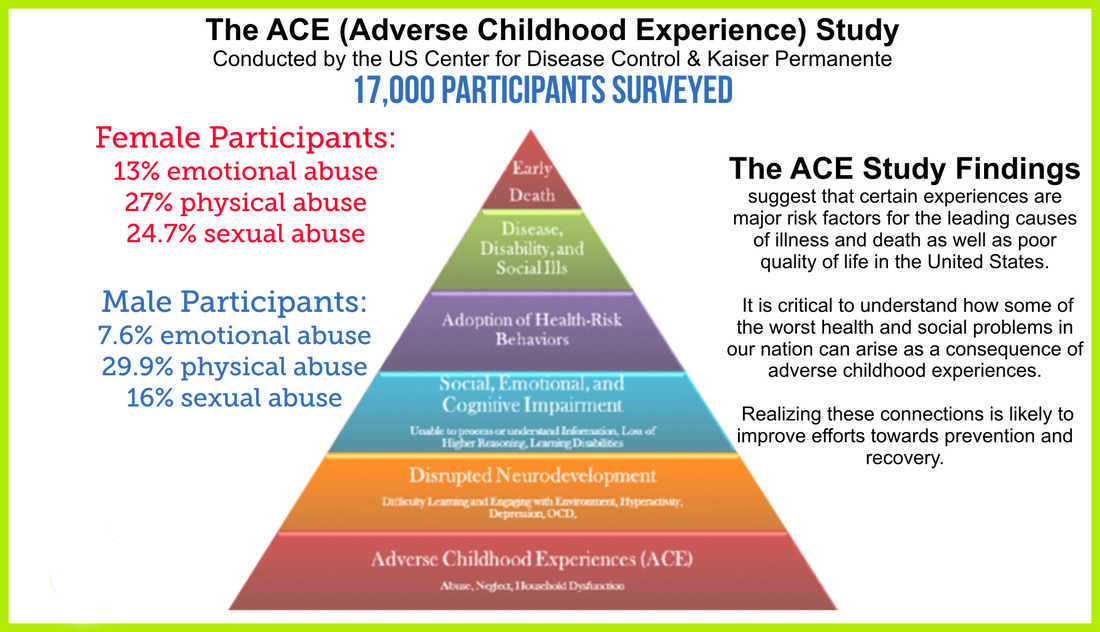 S. Dept. of Health & Human Services, Office on Women’s Health, Emotional and Verbal Abuse page
S. Dept. of Health & Human Services, Office on Women’s Health, Emotional and Verbal Abuse page
What are the effects of emotional and psychological abuse?
Emotional and psychological abuse can have severe short- and long-term effects. This type of abuse can affect both your physical and your mental health. You may experience feelings of confusion, anxiety, shame, guilt, frequent crying, over-compliance, powerlessness, and more. You may stay in the relationship and try to bargain with the abuser or try to change the abuser’s behavior, often placing blame on yourself, even though you are not at fault.
If you’re dealing with severe and ongoing emotional abuse, it’s possible to lose your entire sense of self and begin to doubt your self-worth or your abilities, which may make it even harder to leave the relationship. Long-term emotional abuse can also result in several health problems, including depression, anxiety, substance abuse, chronic pain, and more. 1 It’s important to get emotional support to help you deal with the trauma of emotional and psychological abuse – see What can I do if I am a victim of emotional and psychological abuse? for more information.
1 It’s important to get emotional support to help you deal with the trauma of emotional and psychological abuse – see What can I do if I am a victim of emotional and psychological abuse? for more information.
1 This information was adapted from U.S. Dept. of Health & Human Services, Office on Women’s Health, Emotional and Verbal Abuse page and Effects of Violence Against Women page.
What can I do if I am a victim of emotional and psychological abuse?
If you are the victim of emotional and psychological abuse, you may be hesitant to seek help or tell your friends and family because you fear they will not believe you or take you seriously. You may feel shame or confusion as to what is happening. However, seeking help and support is essential to ending an emotionally or psychologically abusive relationship. The effects of these types of abuse are serious and it is common for emotional and psychological abuse to escalate to physical violence.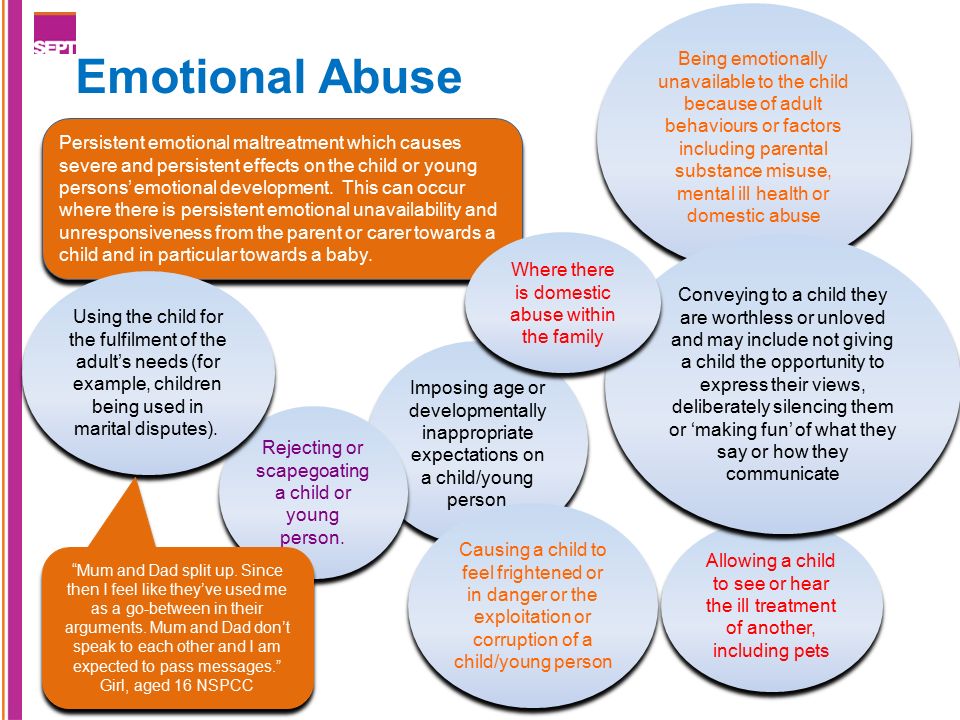 You can go to our National Organizations - Emotional Abuse section for national resources or talk to an advocate or counselor at your local domestic violence organization, listed on our Advocates and Shelters page. Local domestic violence programs often offer free counseling, support groups, and the advocates in these organizations could point you to other local help and support options.
You can go to our National Organizations - Emotional Abuse section for national resources or talk to an advocate or counselor at your local domestic violence organization, listed on our Advocates and Shelters page. Local domestic violence programs often offer free counseling, support groups, and the advocates in these organizations could point you to other local help and support options.
In addition, depending on how domestic violence is defined in your state, the abuser’s behavior can fall under certain crimes or you may qualify for a restraining order. A few states specifically allow someone to get a restraining order based on “coercive control,” which is a form of emotional and psychological abuse. Even in states where emotional abuse is not considered as a reason for a restraining order, it’s possible that certain emotionally abusive acts may, in fact, qualify you for an order. For example, if an abuser threatens you or continually texts or calls you repeatedly without reason to do so, this could be considered enough to grant an order.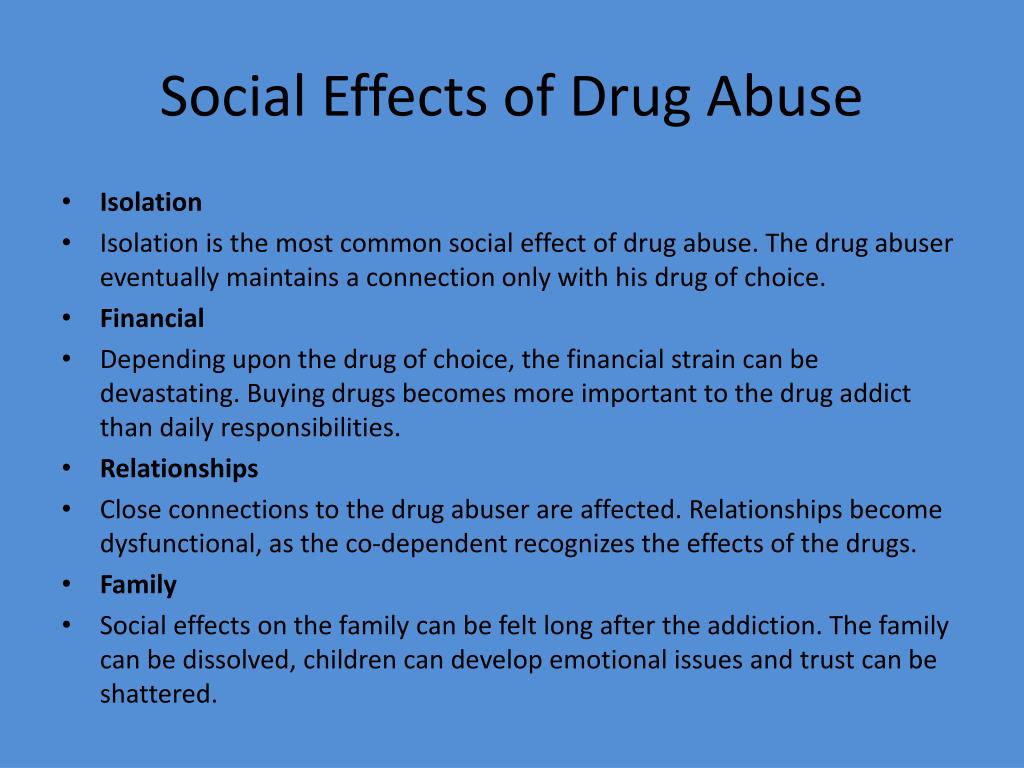 In our Restraining Orders page, you can chose your state from the drop-down menu and look for the question where we include the legal definition of domestic violence for the purposes of getting a restraining order. Some states also recognize emotionally abusive acts as crimes, such as threats or public disturbances, for example. You can go to our Crimes page to read through the list of common crimes committed by abusers to see if any match up with the abuser’s actions.
In our Restraining Orders page, you can chose your state from the drop-down menu and look for the question where we include the legal definition of domestic violence for the purposes of getting a restraining order. Some states also recognize emotionally abusive acts as crimes, such as threats or public disturbances, for example. You can go to our Crimes page to read through the list of common crimes committed by abusers to see if any match up with the abuser’s actions.
Did you find this information helpful?
Psychological violence and ways of coping
Zyuzkina Anastasia Andreevna, psychologist of the health care institution "City Clinical Psychiatric Dispensary"
Often domestic violence against women and children is not perceived as an act of violence.
The topic of psychological abuse is broad, this issue is relevant not only in the field of the family system, but also in the sphere of work.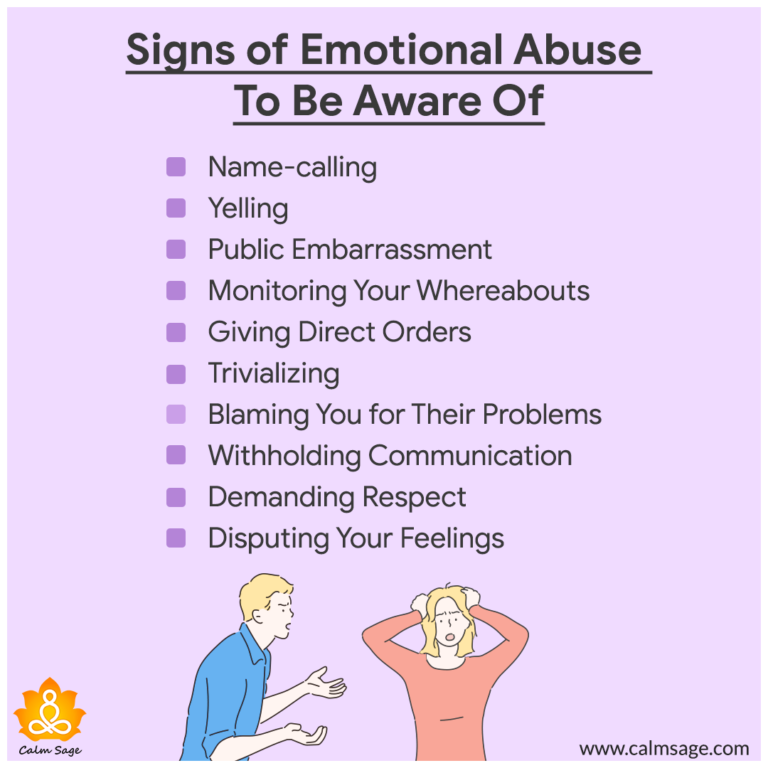
For example, in the scientific literature, psychological violence is called mobbing - the employer's disrespectful attitude towards employees in the context of labor relations. Situations where periodically (at least once a week) the employee is humiliated and harassed by the team or the manager, the purpose of which is to dismiss the employee during the period of employment. Mobbing is manifested in the oppression of a long period of time and includes negative statements, unfounded criticism, social isolation of an employee, dissemination of deliberately false information about a person, and more. nine0003
Psychological consequences for the object of mobbing are so serious that social significance is perceived as traumatic and compared with murder, rape and robbery. Some people even think about suicide.
Most often, psychological abuse occurs in the family. The main victims of domestic violence are women and children. The consequences of psychological violence include sleep and appetite disorders, alcoholism, reckless committing of traumatic actions, a change in the nature of the individual.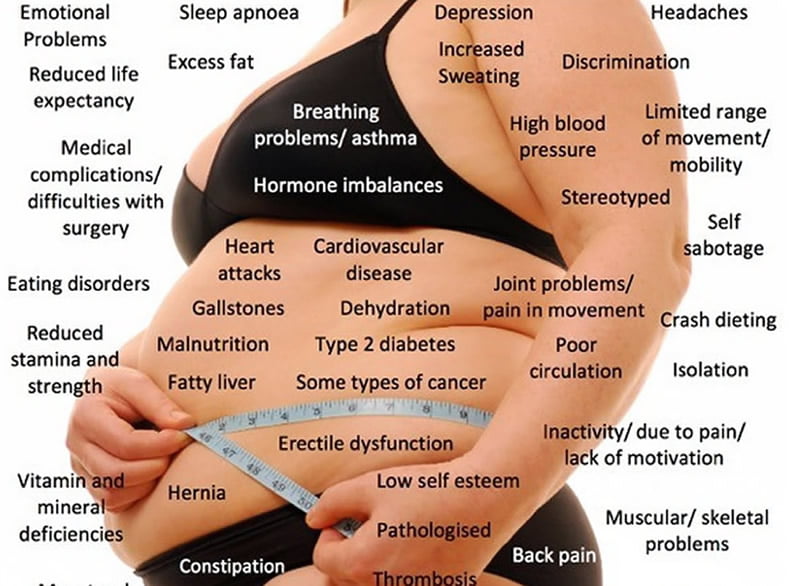 nine0003
nine0003
Psychological violence is a form of influencing the emotions or psyche of a partner through threats, intimidation, insults, criticism, condemnation, etc. That is, a constant verbal negative impact on another person. More often this type of violence is subjected to wives from their husbands, much less often vice versa.
Psychological abuse can escalate into physical abuse.
Domestic violence also spreads in cohabitation as cohabitation. Most often it is a form of psychological abuse. Psychological abuse is on a par with physical abuse, since the personality is violated by suppressing self-esteem. Under such conditions, the person who is targeted by the negative impact does not assess the situation as dangerous and sometimes it is necessary to convince them that they have become precisely the victims. Beliefs are formed as if she herself is to blame, misunderstood, did not tolerate, did not prove, provoked. As a result, personal characteristics are formed: self-restraint, alienation, negativism, refusal to express one's own position.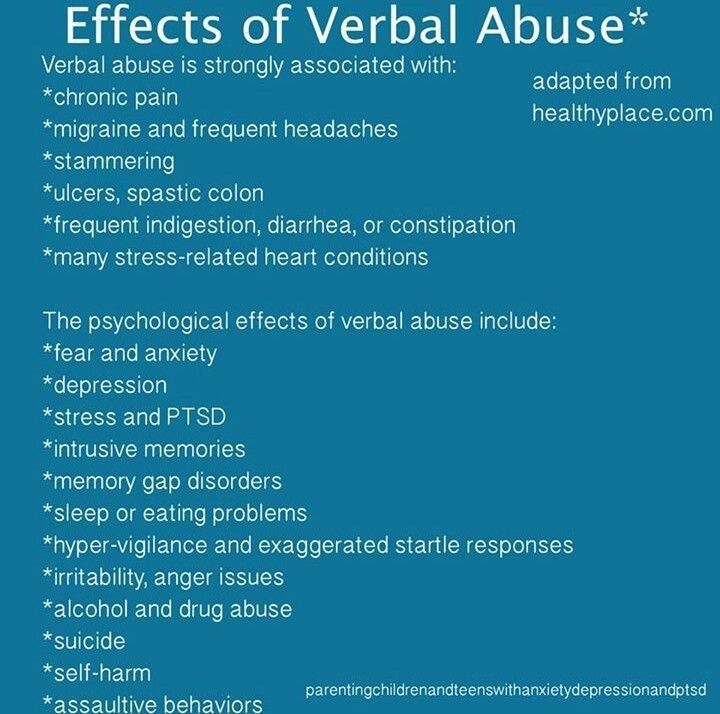 nine0003
nine0003
Insults, violence, mistreatment in psychology is called abuse. The person who forces to do something, offends, forces to perform actions that are unpleasant to another person, respectively, is an abuser.
The reasons why one partner affects the psyche of another are varied, the most common: the need for self-realization and self-affirmation at the expense of the other, difficulties in the inability to express one's desires and thoughts, past experience, financial dependence on one's partner, the perception of violence as a norm in family behavior, propaganda of violence in the media / movies / video games, psychological deviations in the form of a psychological trauma. nine0003
With constant criticism, the self-esteem of the victim decreases to a certain level and self-confidence is shaky, in this state it is easier for the tyrant to impose his opinion and desired behavior. The victim in such a state of mind doubts the correctness of his actions, a feeling of insignificance and guilt is instilled.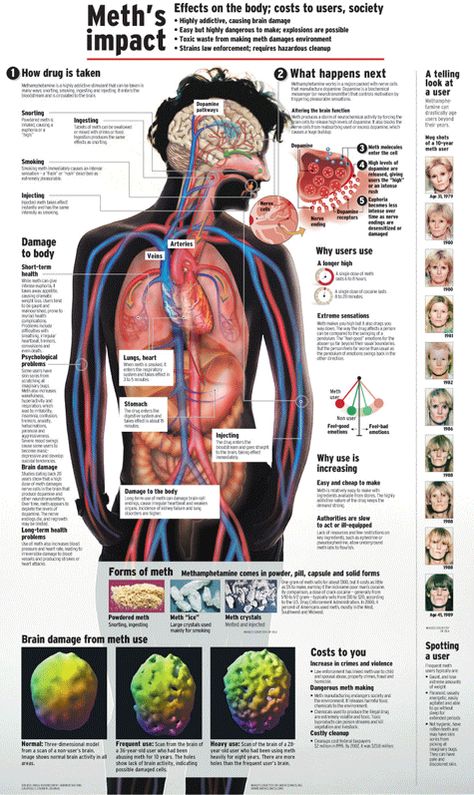 By psychologically influencing such a person, another model of life is laid, the position of a tyrant is adopted and control is exercised on his part.
By psychologically influencing such a person, another model of life is laid, the position of a tyrant is adopted and control is exercised on his part.
There are many signs of psychological violence and a combination of signs is used to determine it, and not each factor individually:
- criticism - a rough assessment of shortcomings, comments about appearance, intelligence, taste preferences, such criticism may be followed by insults.
- Humiliation - insults, rough treatment.
- Accusation - conviction of guilt, for example, in family failures and shifting responsibility for everything that happens.
- Despotism - commanding tone in communication, orders and instructions instead of requests.
- Intimidation - Threats of physical violence against the victim and their loved ones, limiting prohibitions on contact with children and threats from the tyrant to commit suicide. nine0038
- Prohibition to communicate with relatives, friends, colleagues, deprivation of means of communication.

- Prohibited from visiting places outside the home and obtaining permission from a partner to leave the house.
- Permanent presence, partner rarely leaves alone.
- Monitoring behavior and communication outside the home, checking private messages, checking call lists, checking email, installing software, hidden or open surveillance (video surveillance). nine0038
Emotional abuse also includes jealousy, which manifests itself in constant accusations of adultery.
A psychological abuser has such qualities as: disrespectful attitude towards a partner and his life principles; the imposition of help that was not asked for, generosity that puts you in an awkward position; total control; jealousy; threatening behavior; the presence of double standards “I can, but you can’t”; life credo "a man (woman) is never guilty of anything." nine0003
There are several types of psychological violence. Gaslighting is one of the most severe forms of psychological abuse.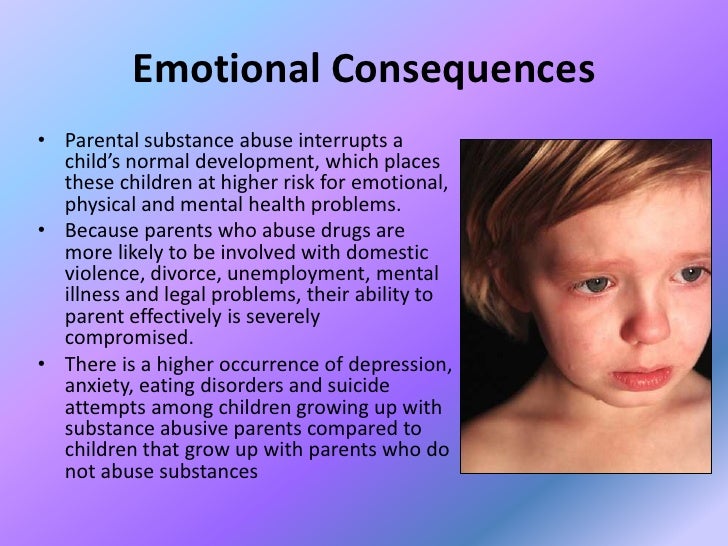 The gaslighter denies their partner or child adequateness using the phrases “it seemed to you”, “it didn’t happen”, “you just don’t understand it”. The victim is instilled that the perception of the environment is erroneous, therefore, the victim is convinced that she is going crazy. Neglect - ignoring any needs, arguing that a person does not need it, deliberate negligence. Sometimes the abuser pushes his partner to plastic surgery, refuses to deal with everyday life and children. In this situation, it is best to isolate yourself from the abuser. nine0009 Visholding - refusal to discuss an exciting topic. Emotional blackmail - ignoring any action of the victim, emotional coldness, silence, blackmail with personal information. The purpose of such behavior is the subordination of another person, deprivation of one's own will, and only by limiting communication can one protect himself from this. Ignoring - emotional withdrawal.
The gaslighter denies their partner or child adequateness using the phrases “it seemed to you”, “it didn’t happen”, “you just don’t understand it”. The victim is instilled that the perception of the environment is erroneous, therefore, the victim is convinced that she is going crazy. Neglect - ignoring any needs, arguing that a person does not need it, deliberate negligence. Sometimes the abuser pushes his partner to plastic surgery, refuses to deal with everyday life and children. In this situation, it is best to isolate yourself from the abuser. nine0009 Visholding - refusal to discuss an exciting topic. Emotional blackmail - ignoring any action of the victim, emotional coldness, silence, blackmail with personal information. The purpose of such behavior is the subordination of another person, deprivation of one's own will, and only by limiting communication can one protect himself from this. Ignoring - emotional withdrawal. Isolation - prohibition of communication with everyone except the abuser himself, so the request for help is difficult to carry out. nine0009 Control - tight control over any actions of the partner. Criticism - pointing out shortcomings and miscalculations, that in front of other people it looks like ridicule. The purpose of such behavior is to form an inferiority complex, after such an impact it is difficult to recover from such a relationship, faith in oneself, partnership is lost.
It is best for the victim to get out of the situation of violence (even run away, disappear from view). Victims of psychological abuse cannot avoid mental problems. Such people are in a state of psychological trauma and experience anxiety, fear, may become depressed, and suicidal attempts are not excluded. There is also emotional dependence, neglect of one's needs, various addictions may arise, for example, alcohol or drugs. nine0003
According to studies, in those families where various types of violence (physical, psychological) are used, signs of a delay in the physical and neuropsychic development of children are noticed.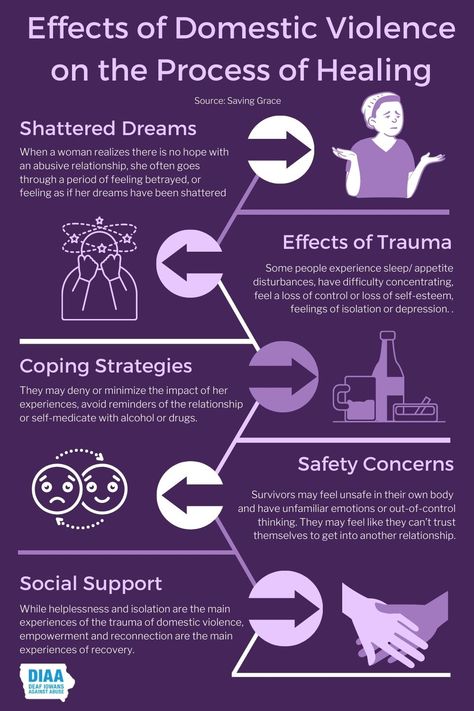
In each specific case of violence, a psychological consultation is required.
It is important to take responsibility for your life, set your own goals, learn to listen to yourself and your feelings, stop negative influences and report what is unpleasant, not tolerate when something causes negative feelings. nine0003
In difficult social, economic and psychological situations, you should contact crisis centers to receive the necessary assistance.
For psychological support, you can contact the helpline, where they will listen, support and determine the type of assistance.
Forms and consequences of violence
Physical abuse - infliction of physical injuries on a child, various bodily injuries that cause damage to the child's health, disrupt his development and take his life. These are beatings, tortures, concussions in the form of blows, slaps, cauterization with hot objects, liquids, lit cigarettes, in the form of bites and using a variety of objects as tools of fanaticism.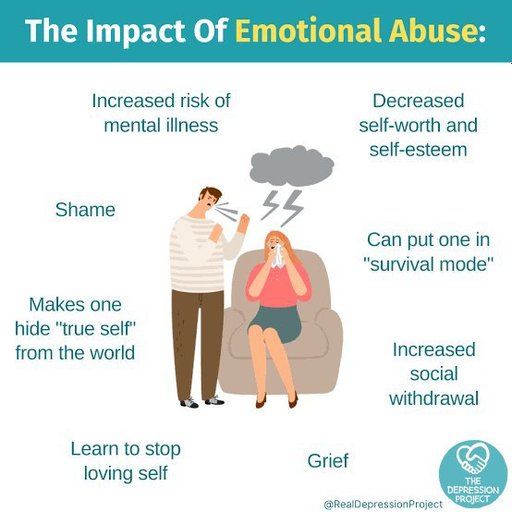 nine0003
nine0003
Physical abuse also includes the involvement of a child in the use of drugs, alcohol, giving him poisonous substances or drugs that cause intoxication (for example, sleeping pills not prescribed by a doctor), as well as attempts to suffocate or drown a child.
Some families use various types of physical punishment as disciplinary measures - from cuffs and slaps to spanking with a belt. It is necessary to realize that physical violence is really a physical attack (torture), it is almost always accompanied by verbal abuse and mental trauma. nine0003
Sexual abuse or abuse is the use of a child (boy or girl) by an adult or another child for sexual purposes or gain. Sexual abuse includes sexual intercourse (coitus), oral and anal sex, mutual masturbation, and other bodily contact with the genitals. Sexual depravity also includes the involvement of a child in prostitution, the porn business, the exposure of the genitals and buttocks in front of the child, peeping at him when he does not suspect it: during undressing, the administration of natural needs. nine0003
nine0003
Mental (emotional) abuse - constant or periodic verbal abuse of the child, threats from parents, guardians, teachers, educators, humiliation of his human dignity, blaming him for what he is not guilty of, demonstration of dislike, hostility towards the child . This type of violence also includes constant lies, deceit of the child (as a result of which he loses trust in an adult), as well as demands placed on the child that do not correspond to his age capabilities. nine0003
Neglect of the interests and needs of the child - lack of proper provision of the basic needs and needs of the child in food, clothing, housing, upbringing, education, medical care by parents or persons replacing them, due to objective reasons (poverty, mental illness, inexperience) and without them. A typical example of neglect of children is leaving them unattended, which leads to accidents, poisoning and other consequences that are dangerous to the life and health of the child. nine0003
nine0003
One of the manifestations of child abuse is a woman's lack of love for a child when it is still in the mother's womb, that is, for a child from an unwanted pregnancy. He, who has not yet shown himself in any way, is no longer loved, they do not think and do not care about him. Being emotionally rejected even before birth, such children are born prematurely twice as often compared to children from a desired pregnancy, they are more likely to have low body weight, get sick more often in the first months of life, and develop worse. nine0003
Any kind of child abuse leads to a wide variety of consequences, but they all have one thing in common - damage to the child's health or danger to his life.
Negative health effects are: loss or deterioration of the function of any organ, the development of a disease, impaired physical or mental development. Out of 100 cases of physical abuse of children, approximately 1-2 end in the death of the victim of abuse. The consequences of physical violence are bruises, injuries, fractures, damage to internal organs: the liver, spleen, kidneys, etc. It takes time to heal these injuries, but even more time and effort is required to heal the emotional wounds, the psyche of a child affected by beatings. nine0003
The consequences of physical violence are bruises, injuries, fractures, damage to internal organs: the liver, spleen, kidneys, etc. It takes time to heal these injuries, but even more time and effort is required to heal the emotional wounds, the psyche of a child affected by beatings. nine0003
Distinguish between immediate and long-term consequences of abuse and neglect of children.
Immediate effects of include physical injury, injury, as well as vomiting, headaches, loss of consciousness, characteristic of the concussion syndrome that develops in young children who are taken by the shoulders and shaken violently. In addition to these signs, in children with this syndrome, hemorrhage in the eyeballs appears. The immediate consequences also include acute mental disorders in response to any kind of aggression, especially sexual. nine0003
These reactions can manifest themselves as agitation, a desire to run somewhere, hide, or as a deep lethargy, outward indifference.![]() In both cases, however, the child is seized with the most acute experience of fear, anxiety, and anger. Older children may develop severe depression with a sense of their own inferiority, inferiority.
In both cases, however, the child is seized with the most acute experience of fear, anxiety, and anger. Older children may develop severe depression with a sense of their own inferiority, inferiority.
Among the long-term consequences of child abuse are violations of the child's physical and mental development, various somatic diseases, personality and emotional disorders, and social consequences. nine0003
Disorders of physical and mental development
alcoholics, there are signs of a delay in physical and neuropsychic development. Foreign experts called this condition of children the inability to flourish.
Abused children often lag behind their peers in height, weight, or both. They begin to walk, talk later, laugh less often, they do much worse at school than their peers. Such children often have "bad habits": thumb sucking, nail biting, rocking, masturbation. And outwardly, children living in conditions of neglect of their interests, physical and emotional needs, look different than children living in normal conditions: they have swollen, “sleepy” eyes, a pale face, disheveled hair, untidiness in clothes, etc.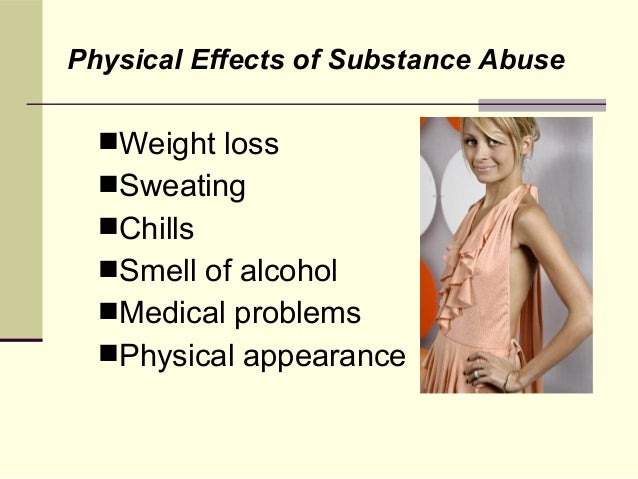 signs of hygienic neglect - pediculosis, rashes, bad smell from clothes and body. nine0003
signs of hygienic neglect - pediculosis, rashes, bad smell from clothes and body. nine0003
Various diseases as a result of abuse
Diseases can be specific to a particular type of violence: for example, during physical violence there are injuries to parts of the body and internal organs of varying severity, bone fractures. Sexually transmitted diseases can occur with sexual violence: infectious and inflammatory diseases of the genitals, syphilis, gonorrhea, AIDS, acute and chronic infections of the urinary tract, trauma, bleeding from the genitals and rectum, ruptures of the rectum and vagina, prolapse of the rectum. nine0003
Regardless of the type and nature of violence, children can experience various diseases that are psychosomatic: obesity or, conversely, sudden weight loss due to appetite disorders. With emotional (mental) violence, there are often skin rashes, allergic pathology, stomach ulcers, with sexual violence - unexplained (if no diseases of the abdominal cavity and small pelvis are detected) pain in the lower abdomen.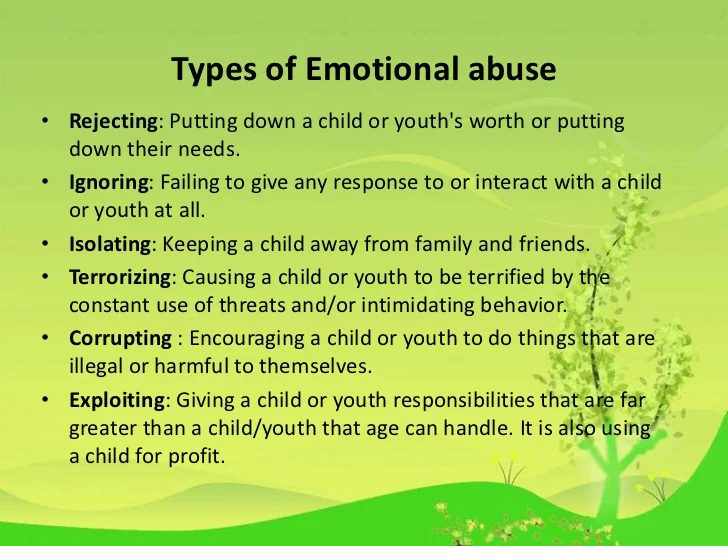 Often, children develop such neuropsychiatric diseases as tics, stuttering, enuresis (urinary incontinence), encopresis (fecal incontinence), some children are re-admitted to the emergency department for accidental injuries, poisoning. nine0003
Often, children develop such neuropsychiatric diseases as tics, stuttering, enuresis (urinary incontinence), encopresis (fecal incontinence), some children are re-admitted to the emergency department for accidental injuries, poisoning. nine0003
Mental characteristics of children affected by violence
Virtually all children affected by abuse and neglect have experienced psychological trauma, as a result of which they develop further with certain personal, emotional and behavioral characteristics that negatively affect their future life .
Children who have been subjected to various kinds of violence themselves experience anger, which is most often poured out on weaker children: younger children, animals. nine0003
Often their aggressiveness manifests itself in the game, sometimes their outbursts of anger have no apparent reason.
Some of them, on the contrary, are excessively passive, unable to defend themselves. In both cases, contact, communication with peers is disrupted.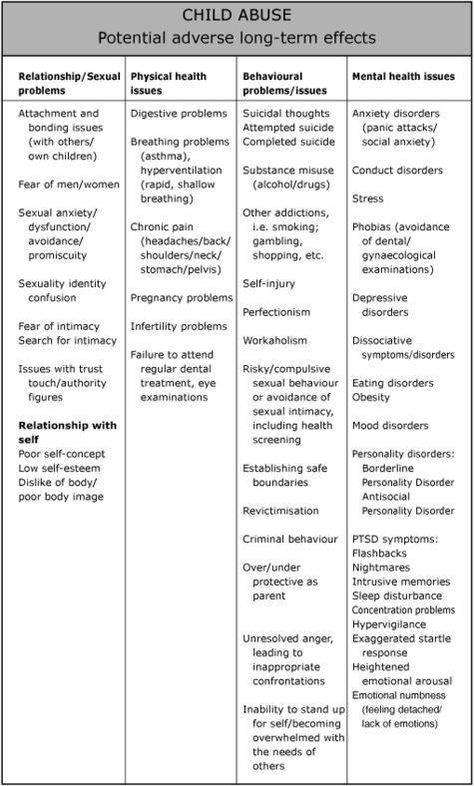 In abandoned, emotionally deprived children, the desire to attract attention to themselves by any means sometimes manifests itself in the form of defiant, eccentric behavior.
In abandoned, emotionally deprived children, the desire to attract attention to themselves by any means sometimes manifests itself in the form of defiant, eccentric behavior.
Children who have been sexually abused acquire age-appropriate knowledge about sexual relationships, which is manifested in their behavior, in playing with other children or with toys. Even young children who have not reached school age and are victims of sexual violence can subsequently become the initiators of sexual abuse and involve a large number of participants in them. nine0003
The most universal and severe reaction to any, not only sexual violence, is low self-esteem, which contributes to the preservation and perpetuation of psychological disorders associated with violence. A person with low self-esteem experiences feelings of guilt, shame, she is characterized by a constant conviction of her own inferiority, that she is the worst. As a result, it is difficult for a child to achieve the respect of others, success, communication with peers is difficult.
Among these children, even as adults, there is a high incidence of depression. This manifests itself in bouts of anxiety, unaccountable longing, feelings of loneliness, sleep disturbances. At an older age, adolescents may experience suicide attempts or completed suicides. nine0003
Feeling unhappy, destitute, adapting to abnormal conditions of existence, trying to find a way out of the current situation, they themselves can become blackmailers. This, in particular, applies to sexual violence, when in exchange for a promise to keep a secret and not break their usual family life, children extort money, sweets, and gifts from adult rapists.
Social consequences of child abuse
It is possible to single out two aspects of these consequences that appear simultaneously: harm to the victim and to society. nine0003
Children who have experienced any kind of violence experience difficulties in socialization: they have broken connections with adults, do not have the appropriate communication skills with peers, they do not have a sufficient level of knowledge and erudition to gain authority in school, etc.
Solving their problems child victims of violence are often found in a criminal, asocial environment, and this is often associated with the formation of addiction to alcohol, drugs, they begin to steal and commit other criminally punishable acts. nine0003
It is not uncommon for girls to become involved in prostitution, and boys may have sexual orientation problems. Both of them subsequently experience difficulties in creating their own family, they cannot give their children enough warmth, because their own emotional problems have not been resolved.
As mentioned above, any kind of violence forms in children and adolescents such personal and behavioral characteristics that make them unattractive and even dangerous to society.
What are the societal costs of child abuse? These are, first of all, the loss of human lives as a result of the murders of children and adolescents or their suicides, these are losses in their person as productive members of society due to a violation of their mental and physical health, low educational and professional level, and criminal behavior.